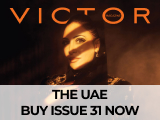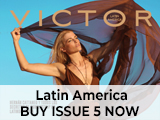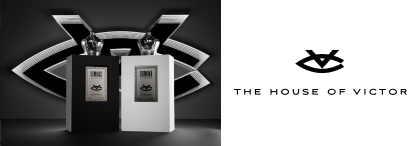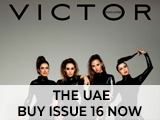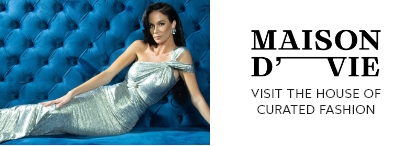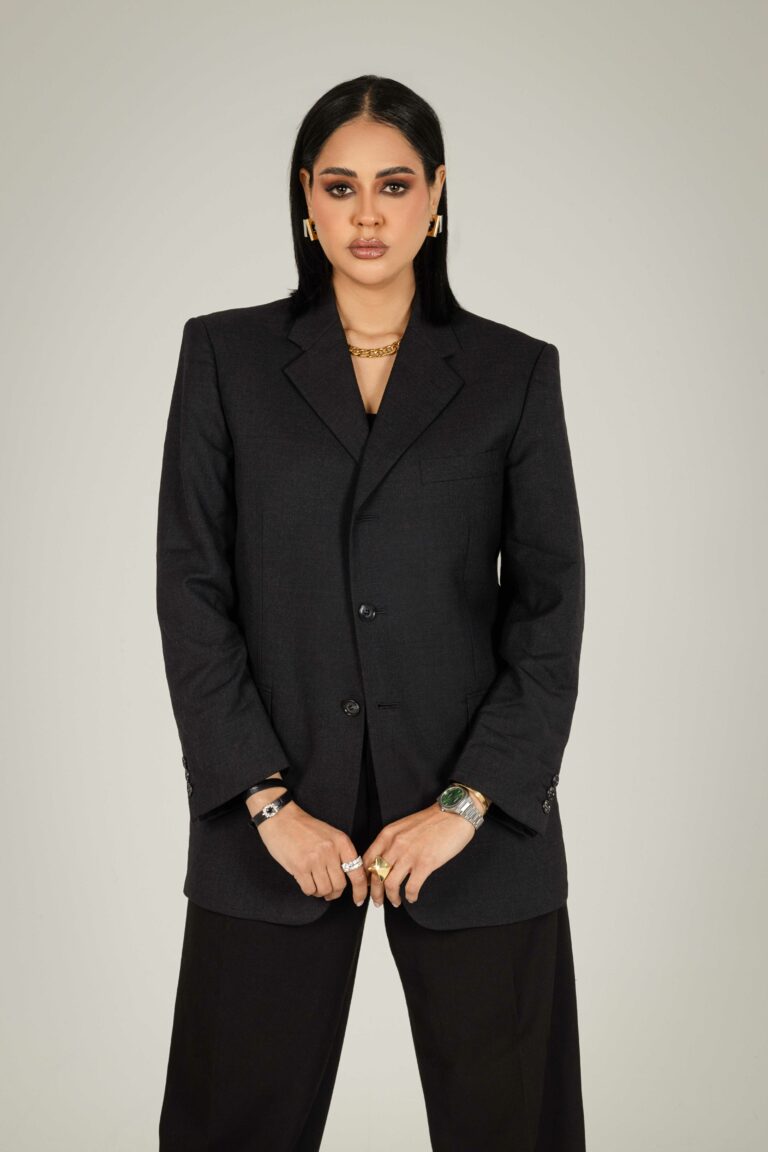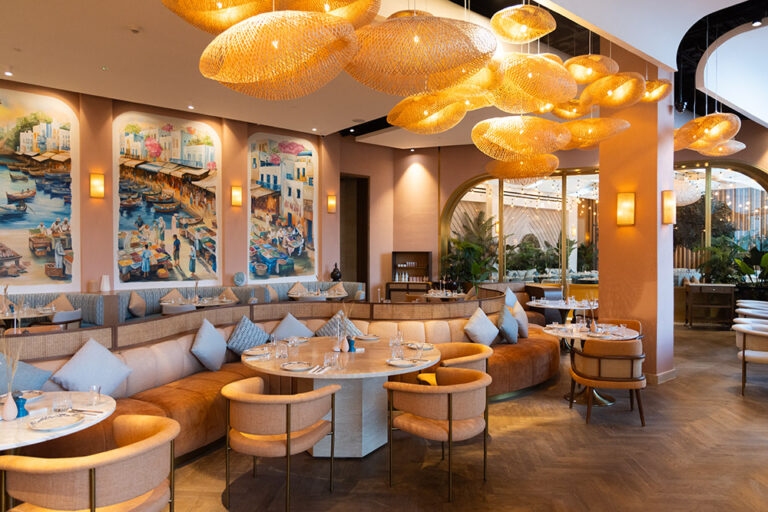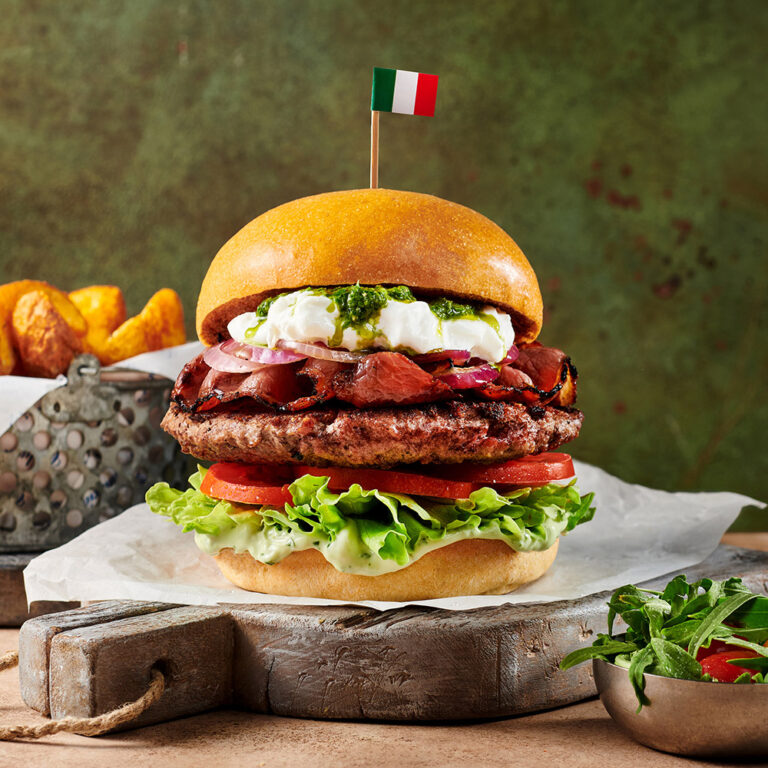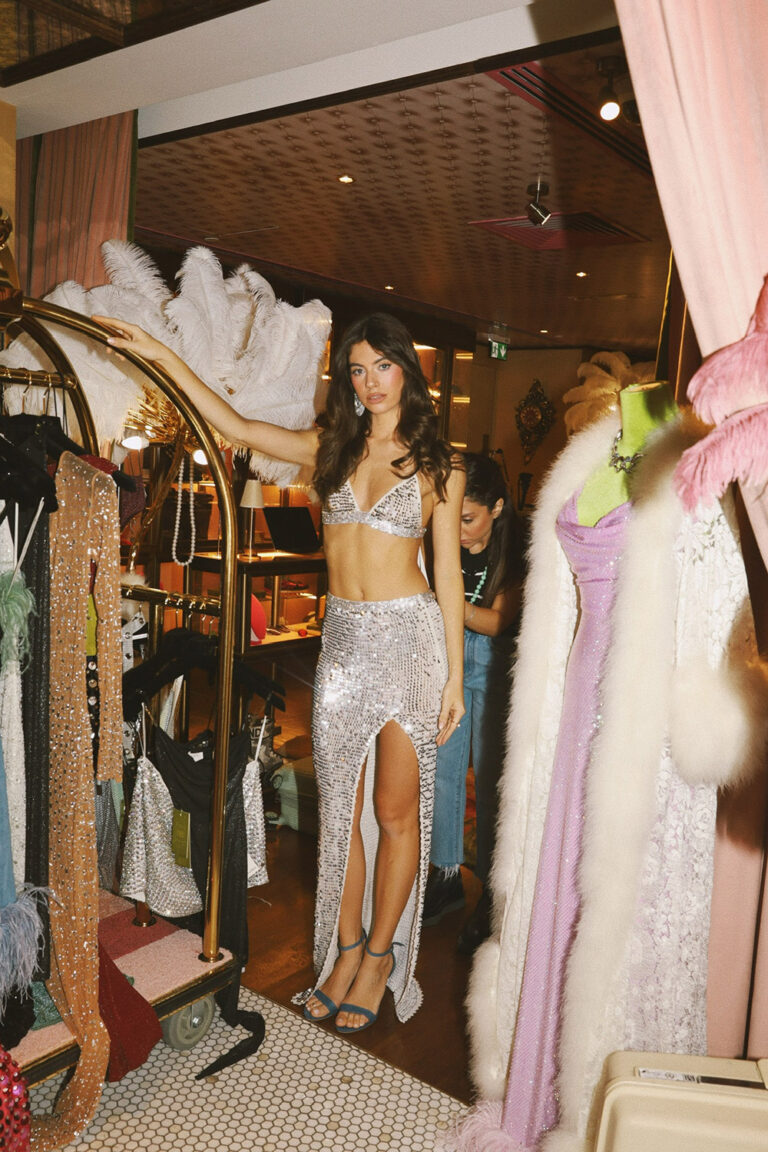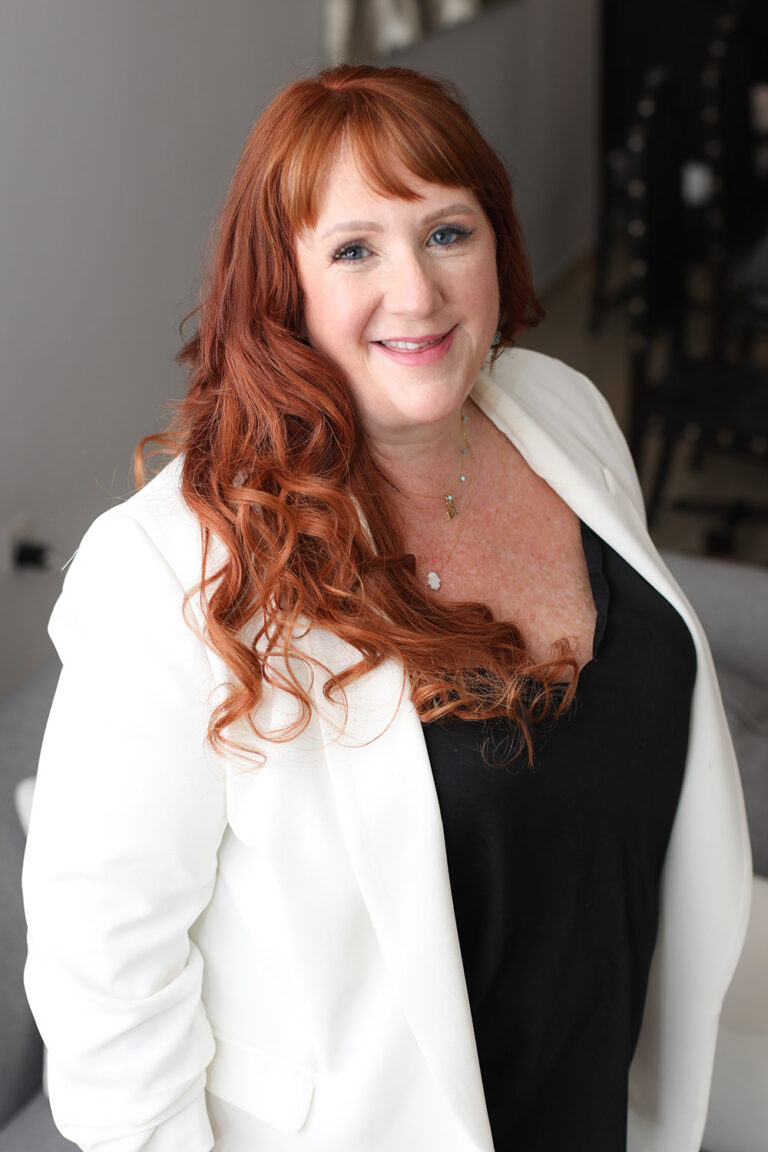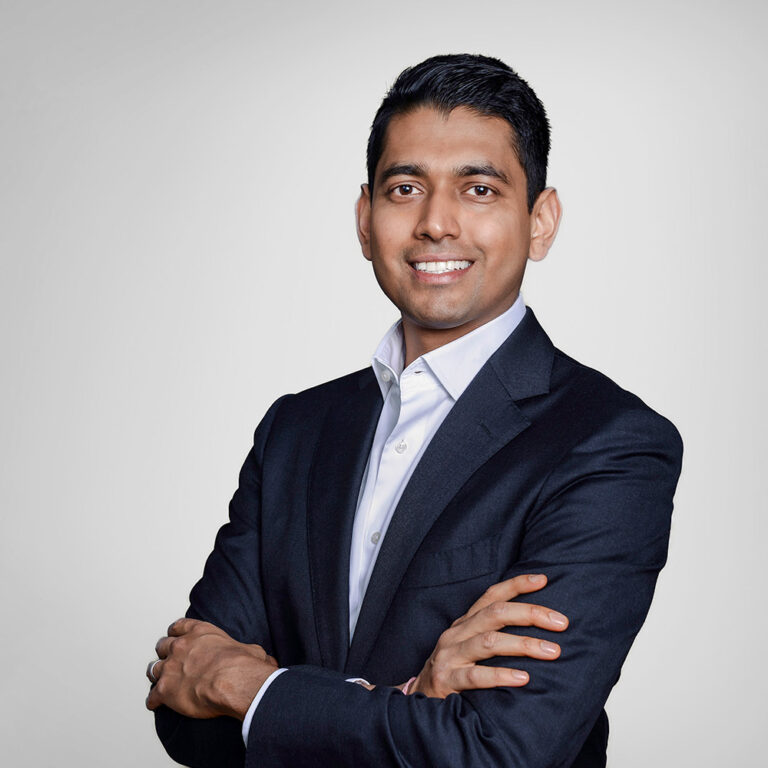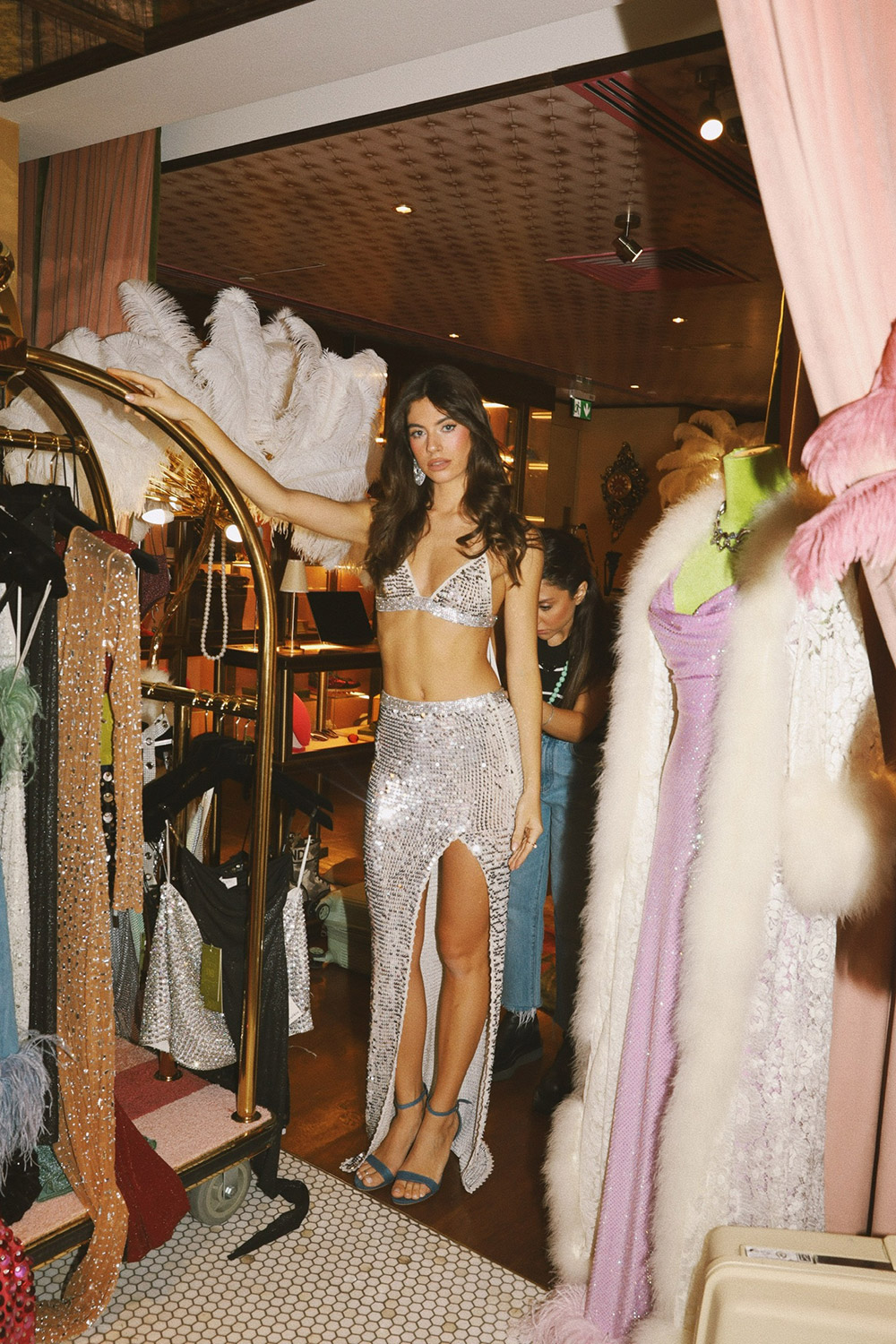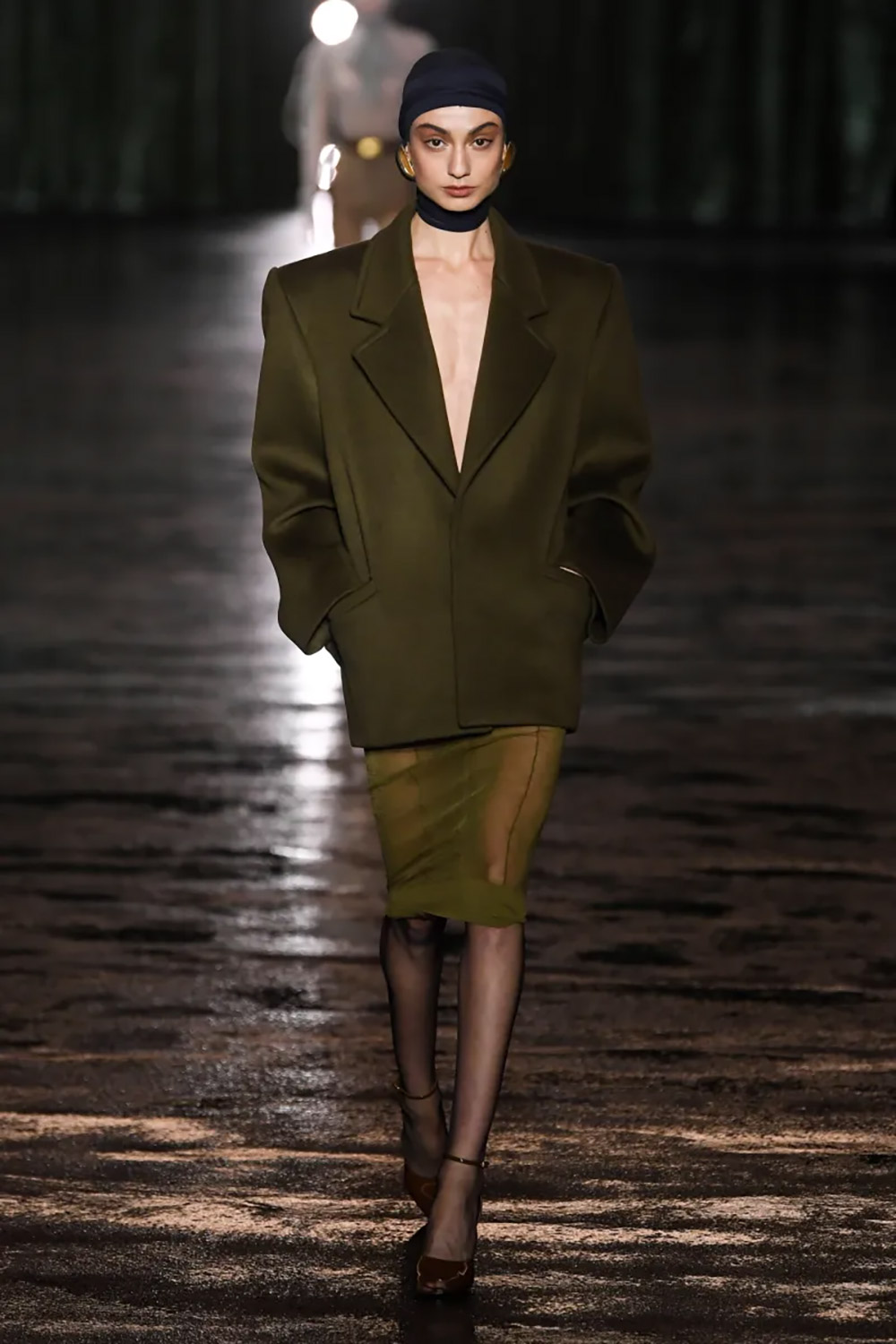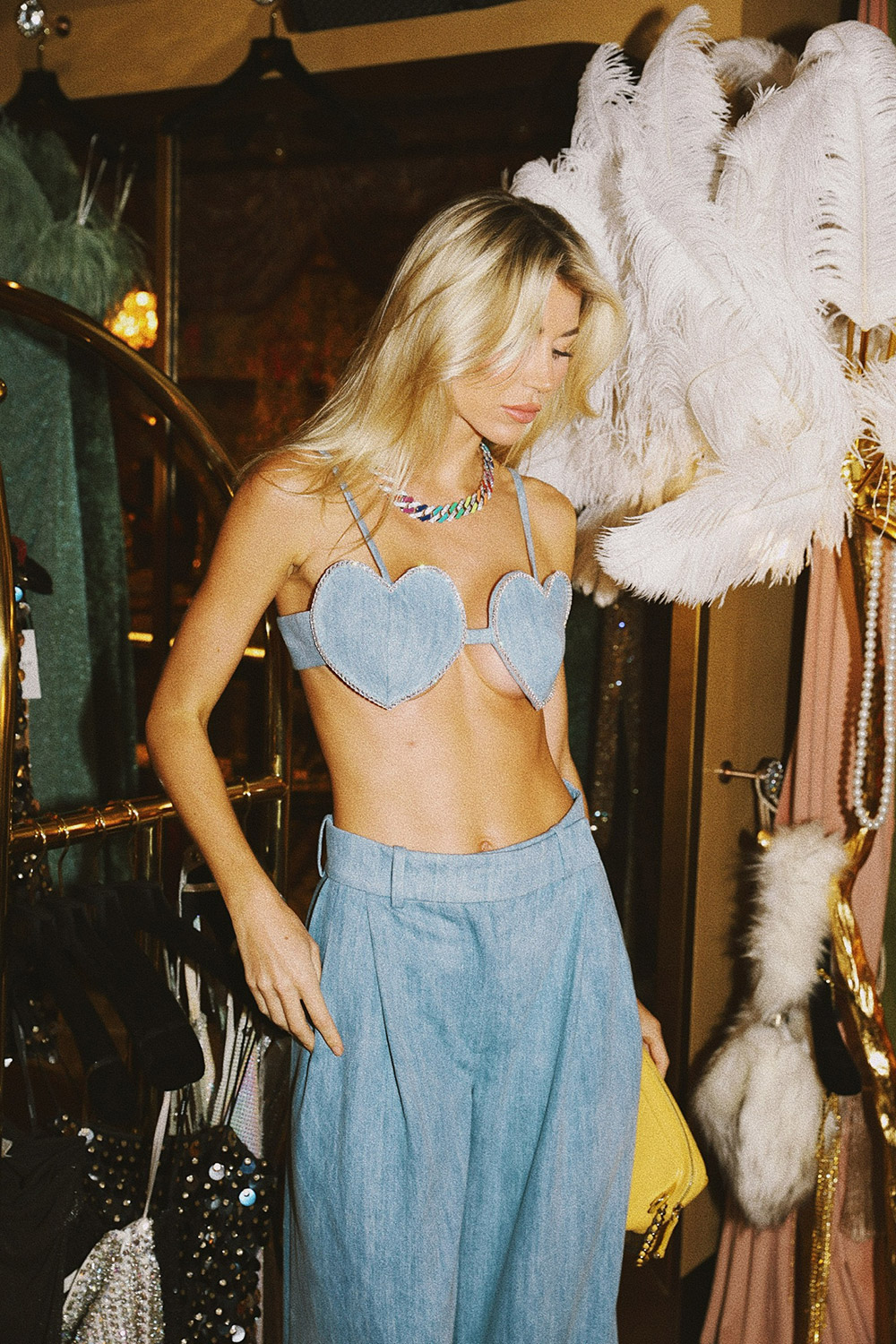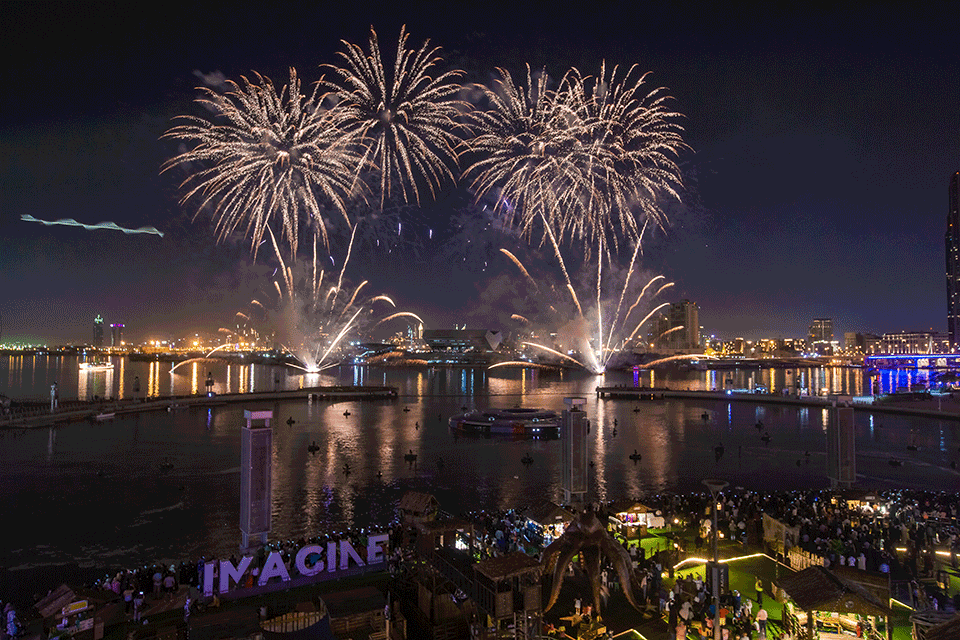
SAFiA ALeMARY O’yoon Safia Safia’s Eyes
Staff Writer
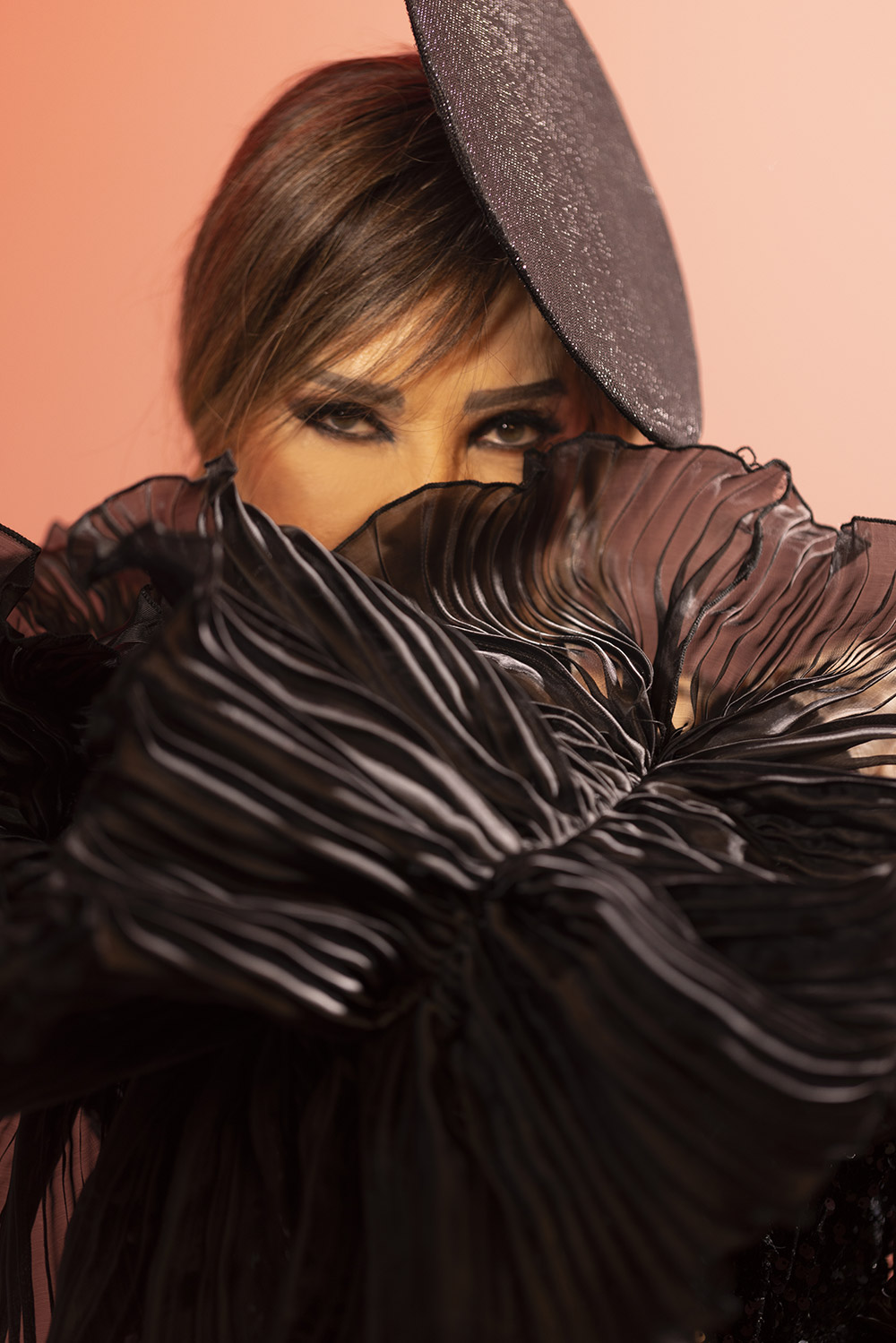
- Photo by: Mahmoud El Behiry
Safia Elemary is one of the most renowned names in the world of Egyptian and Arab film and TV. With more than a hundred movies and numerous TV series, she has carved her name in letters of gold in the memory of all the Arabs. The key production that led to her iconic presence in the public domain was her role in the TV series “Layaly Al Helmeya” (The Nights of Helmeya) that aired during the late eighties and early nineties as “Nazek Al Selehdar” in which she has proven her outstanding talent and presented the strong (and sometimes devious) character of an Egyptian high-class lady. She has, later, made yet another huge success in her role in the TV series “Hawanem Garden City” (The Ladies of Garden City) that aired during the late nineties as “Shurat Rostom”. Her unique talent in acting has amazed Arabs from all nationalities and all generations.
Besides her huge contribution to the world of cinema and TV, Safia Alemary has made another huge difference in the field of charity and philanthropy; an example of that contribution is her visits and strong participation at Rashid Center for People of Determination in Dubai in which she has drawn a lot of attention to people of determination and worked jointly with HH Sheikh Juma Bin Maktoum Bin Juma Al Maktoum (acting Chairman) and Ms. Mariam Othman, the Director of the center. Safeya has set a high mark on how a renowned artist should leave a positive impact in their communities and lead the public, as a role model, both in respect of principles and conduct of what a good human being should do.
From a fashion perspective, Safia Alemary has developed her own unique style and look that has climaxed in her role in Layaly Al Helmeya. She personally (without the assistance of any stylist) chose the outfits and has, also on her own, done her hair and make-up for every scene. Part of that look was the way she drew her eye makeup. She did it so well that it became a signature attributable to her name. During the mid-nineties, a renowned Japanese automotive brand released a new model of its cars with a new design for its front headlights and people collectively called that model “O’yoon Safia” that is Arabic “Safia’s eyes”. To that extent our cover star is unique and special.
Safeya makes only selected appearances in TV interviews or in film festivals whether in Egypt or abroad. During his presence in Egypt, our Editor at Large had the privilege of being introduced to Safia Alemary during an event in Cairo and since then, Ray and Safeya have developed a friendship and have met several times during which, the idea of this issue’s cover shoot has come to Ray and started to discuss it with Safeya and her team. The idea kept materializing until Safeya finally agreed to become this issue’s cover star. The idea of this cover is inspired from her legendary look “O’yoon Safia” (Safia’s Eyes) but in a new futuristic style that aligns with the super star’s attitude and approach to the future. Together with Safia’s team, Ray has connected with highly professional artists to produce the shoot in the way you can see in this issue.
During the several times Victor Magazine has met with Safia Elemary, a number of topics were opened and discussed, out of which the following can be shared:
1. What role would Safia Alemary be interested to choose for her next endeavor in Cinema or TV?
I would be interested in starring in a historical production about the Greek or Coptic era from Egyptian history or generally a role in a historical production depicting other civilizations. I would normally fit in a queen’s role or a role leading to a powerful station in the picture being produced.
2. What is your impression on the city of Dubai and the UAE TV production?
I definitely love the UAE and its people for many reasons but especially for the high levels of education that UAE citizens attain and also due to the fact that many of them are able to write poems. I have numerous friendships from the UAE especially with the team in Rashed Center for People of Determination since the time that center was at its very beginning and I actually admire this center so much because of the amazing environment it provides for children of determination to enable them to discover their capabilities and talents. I have seen children starting their journey in this center and today they are fully capable men and women … This makes me so happy and proud to be part of this center and this amazing journey.
I admire the development of TV production in the UAE and hope to see further development and success – I have personally participated in a program dedicated to women empowerment called “Hi Dubai” by the philanthropist Benedetta Paravia.
3. What’s the social activity you have carried you that you are proud of the most?
Besides my numerous activities during my previous duty as a goodwill ambassador for the UNFPA, the closest activity to my heart was my role in facing gender-based violence and stereotyping in upper Egypt. For this reason, I have conducted a lot of workshops and conferences especially in the city of Aswan and I am so glad these activities made a difference.
4. In you opinion, what’s the artist’s social role and obligation besides their role as an artist
It is my opinion that an artist must have a social impact on the community they live in and that could be through participating or even establishing foundations that aim at making a positive difference in the society. An artist also must be informed and aware of both the local and global developments, as well as having an opinion and a say on these developments. An artist by nature is passionate and being passionate will always drive a person to make a difference and have a say on what triggers this passion. Even if an artist doesn’t possess the proper knowledge, they must learn and educate themselves in order to assume their right pedestal because people look up to artists and they must not disappoint.
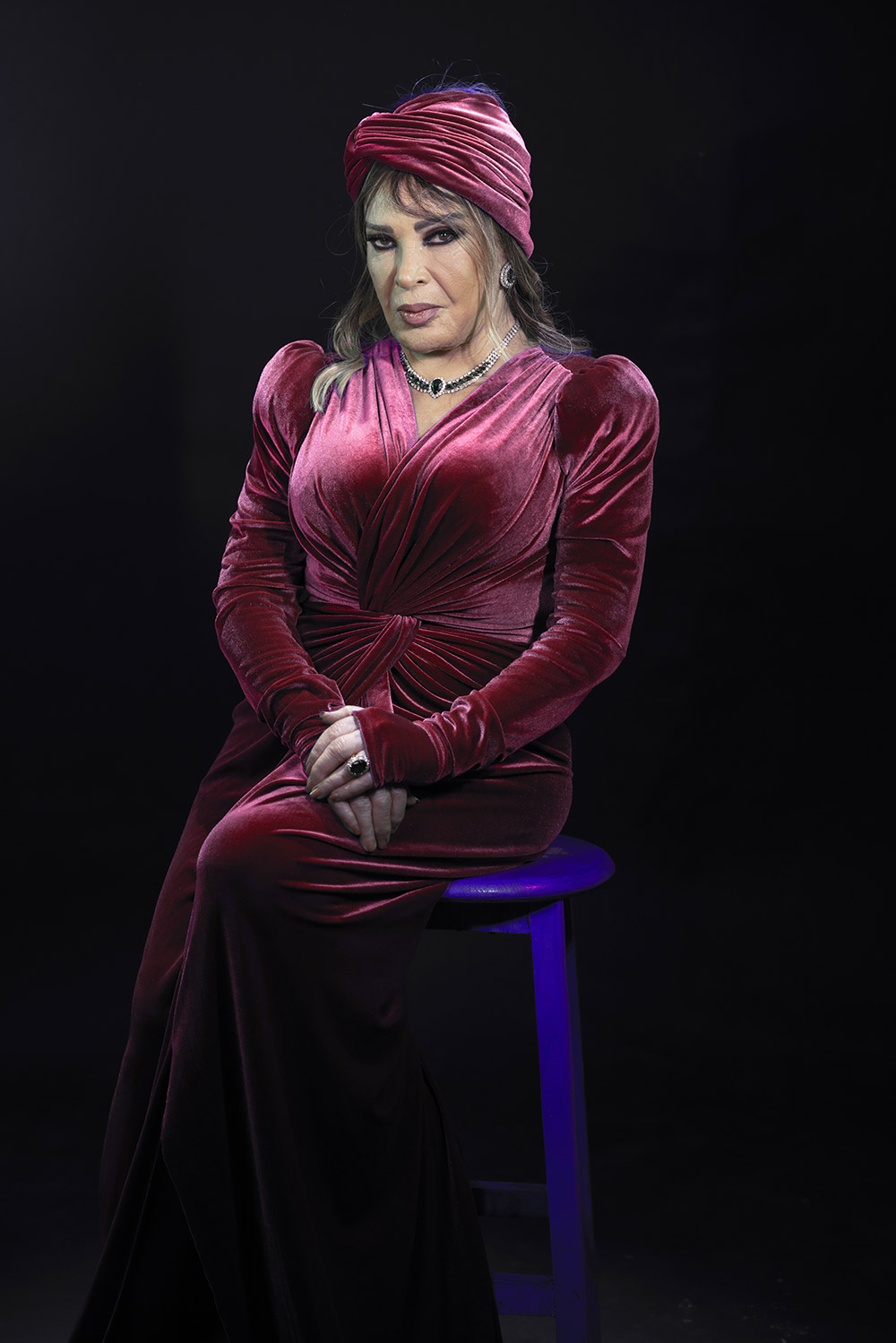
5. Is Safia Alemary a reader? What do you like to read about most?
Yes – I am a regular reader. I have a very good connection with Russian literature, especially Fyodor Dostoevsky, Leo Tolstoy, and of course Stanislavsky who created a technique for acting that any person who wants to learn how to act should read about his methodology. I have recently read a book by Raouf Ebeid called “the Human – spirit not flesh” which has profoundly affected me (Victor Magazine is not aware, at the time of releasing this issue, whether this book has been translated to other languages from its Arabic original).
6. In one of your previous interviews, you spoke about Mona Zaki’s role in “Taht Al Wesaya” (Arabic for “Under Custody”). Tell us why?
The series starred by Mona Zaki “Taht at Al Wesaya” was outstanding because the subject of this production is very important and touches on a vital problem that affects women of Egypt. I like how Mona presented that role very much and the whole series was well done. In this regard, I recall “Oreedo Halan” (Arabic for “Looking for a Solution”) a movie starred by the late “Faten Hamama” and “Amina Rizk” also “Gaalouny Mogreman” (Arabic for “They Made Me a Murderer”) by the late Farid Shawky. These movies have deeply impacted the Egyptian community to the extent that legislation has been amended to address the problems flagged in these productions. This is the cinema I like to see … a cinema that deals with the real problems of the society, offers a voice for the victims, and pushes to provide solutions to these problems.
7. What is your favorite city out of Egypt?
It is not just one city, I have a number of favorites like Dubai, Vienna, Venice, Milan, and California.
8. What is your opinion about concentrating Egyptian TV production only during the holy month of Ramadan?
I actually do not like that. It does not do justice to all of these productions because nobody can practically watch all of them! Even if you choose to watch a few series, you will always be distracted with endless ads, and this cuts the viewers’ attention which is necessary for following the script and living the drama of the series. Previously, ads were either before or after the series but never in the middle of it. I know that some platforms broadcast the series without ads but not everyone has access to these platforms. I care for the wider sector of the population and not only people who have access to these platforms.
Ads are not the main issue though. I still believe that concentrating the TV production during the month of Ramadan is not fair or right. The first season of “Layaly Al Helmeya” was not broadcasted in Ramadan but after its huge success, the following seasons were broadcasted in Ramadan – why don’t why follow the same concept?
9. Being a fashion icon yourself, how do you see the current development in the field of fashion design and what is your advice to the fashion community?
I do not follow trends – I make them.
I choose my outfits based on my identity and what looks good on me considering the occasion I am going to. It is unfortunate to see that some people knowingly choose to wear outfits that do not fit them just because these designs are trendy or made by a specific brand.
I advise designers to study their customers properly and understand their identities. Your designs are not just about you as a designer, they are about the people you are designing for whoever they are. Your designs must fit your clients well and make them (not just you) look good.
It is my opinion that elegance is synonymous with modesty. I do not see that the concept of celebrating the body necessarily means wearing revealing outfits and intertwining this concept with feminism. Presenting yourself to others should not be just about showing the most possible parts of your body … you are not just your body, and you limit yourself way too much if you do so.
10. What do you say to the readers of Victor Magazine?
I am so happy about this feature and cover. The concept of the shoot was properly studied and well executed. Victor Magazine is a very special publication that conveys elegance to its readers, and this is what we want today. Thank you Victor!
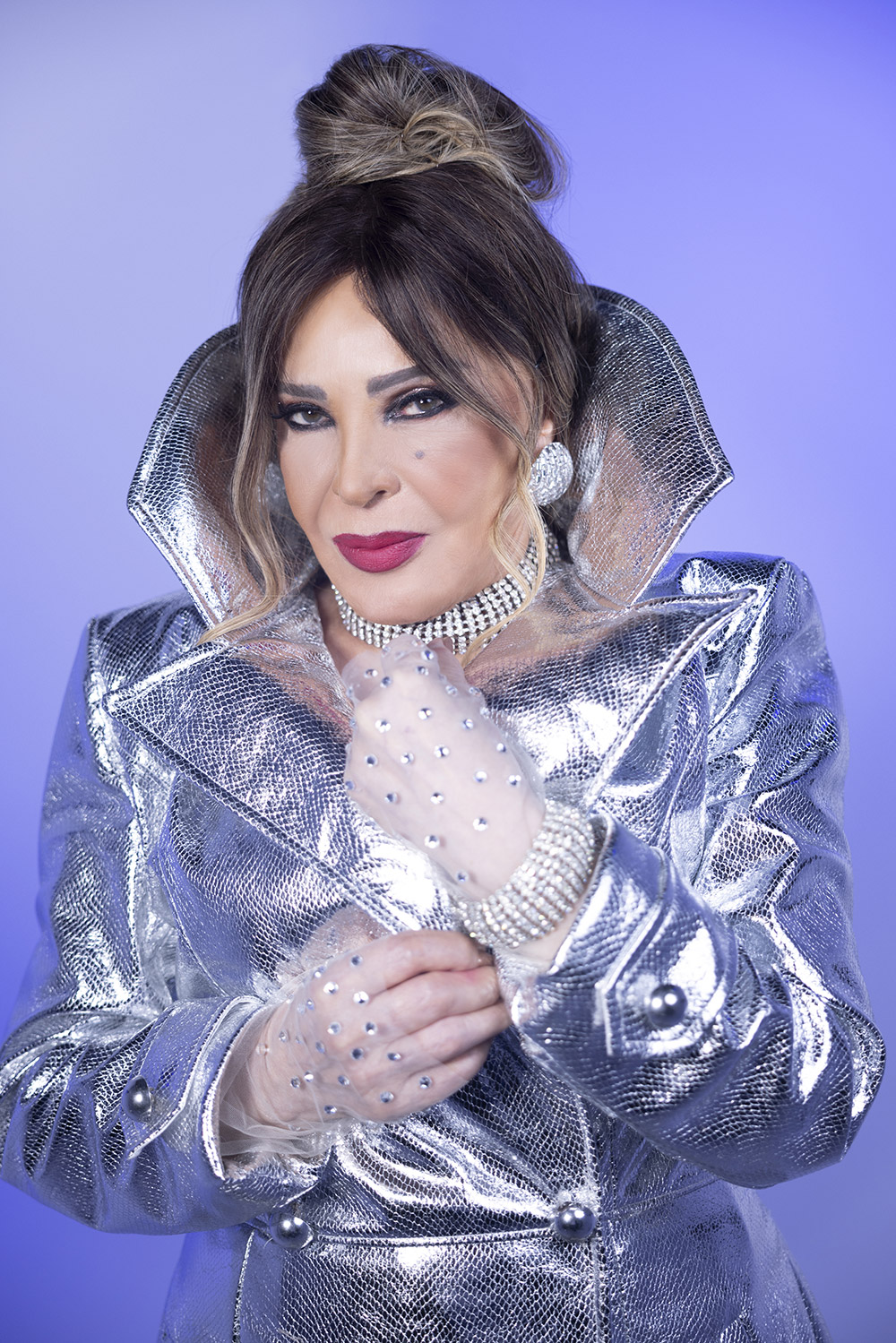
By Author

no related post found
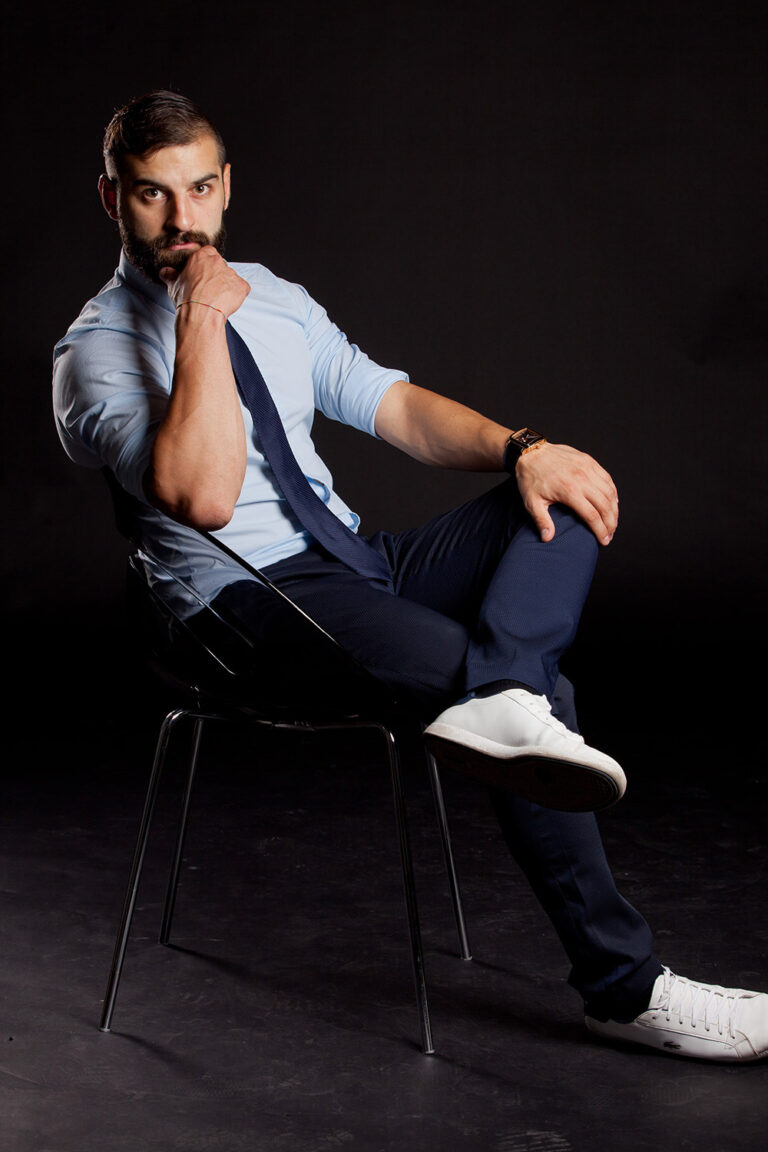
MESMERIZE: Where Artistry and Innovation Unite in a Ballet of Elegance
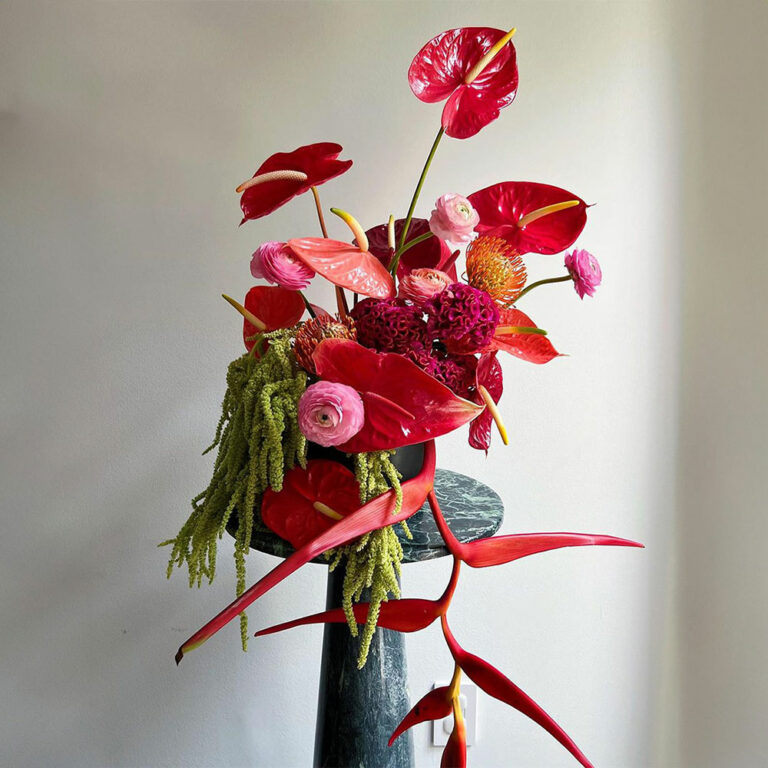
“Flowers are our favorite F word!”

Indulging in Love and Flavor at Playa: A Valentine’s Day Delight
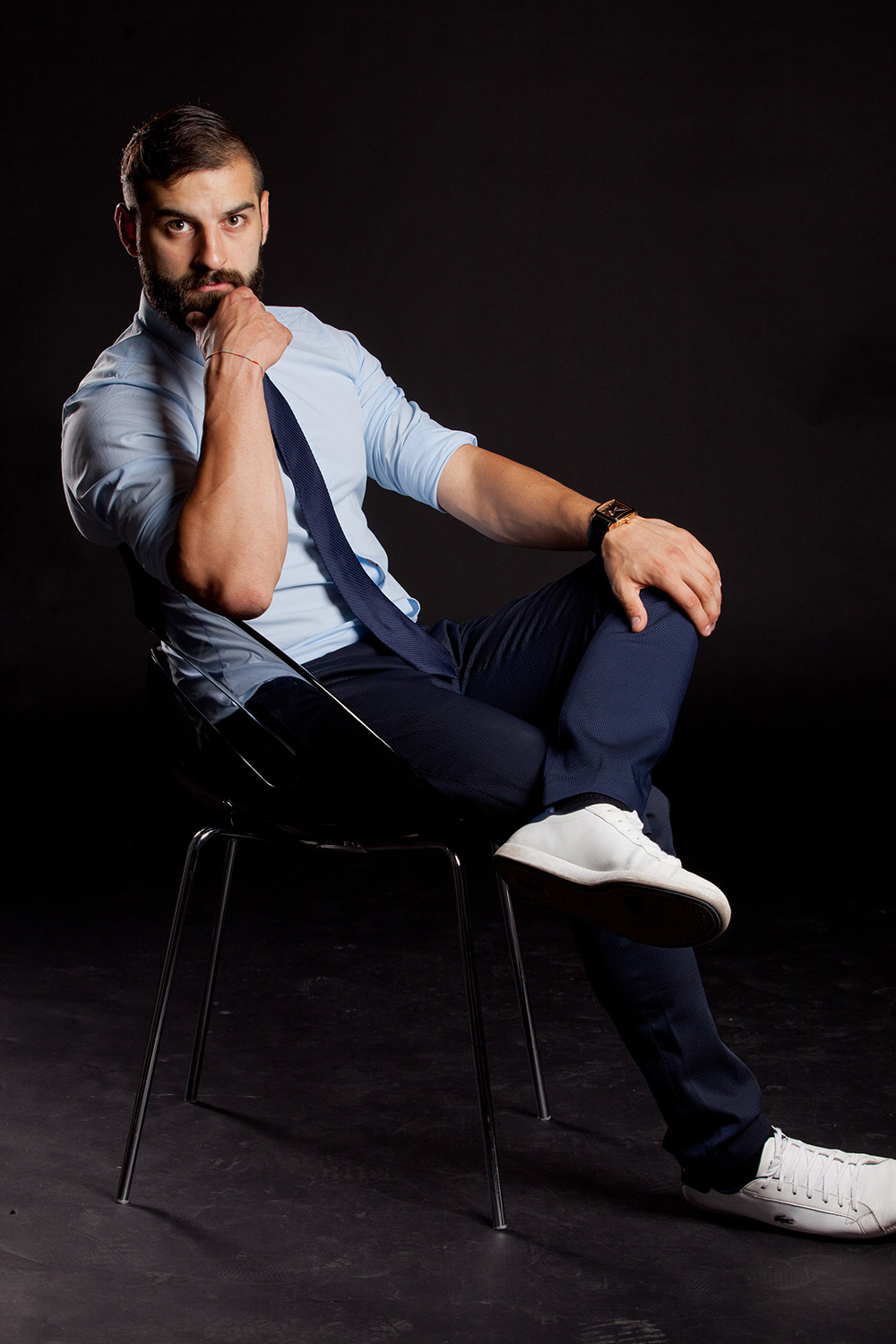
MESMERIZE: Where Artistry and Innovation Unite in a Ballet of Elegance
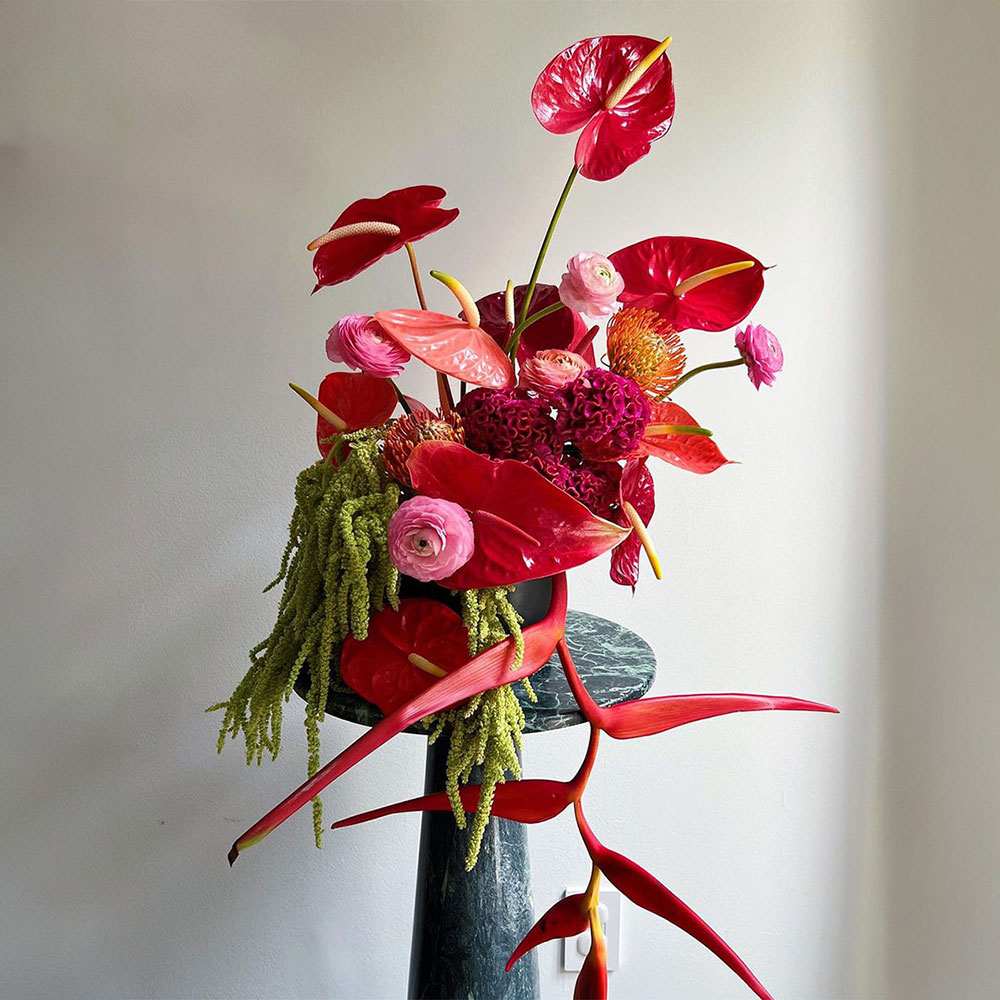
“Flowers are our favorite F word!”

Indulging in Love and Flavor at Playa: A Valentine’s Day Delight

